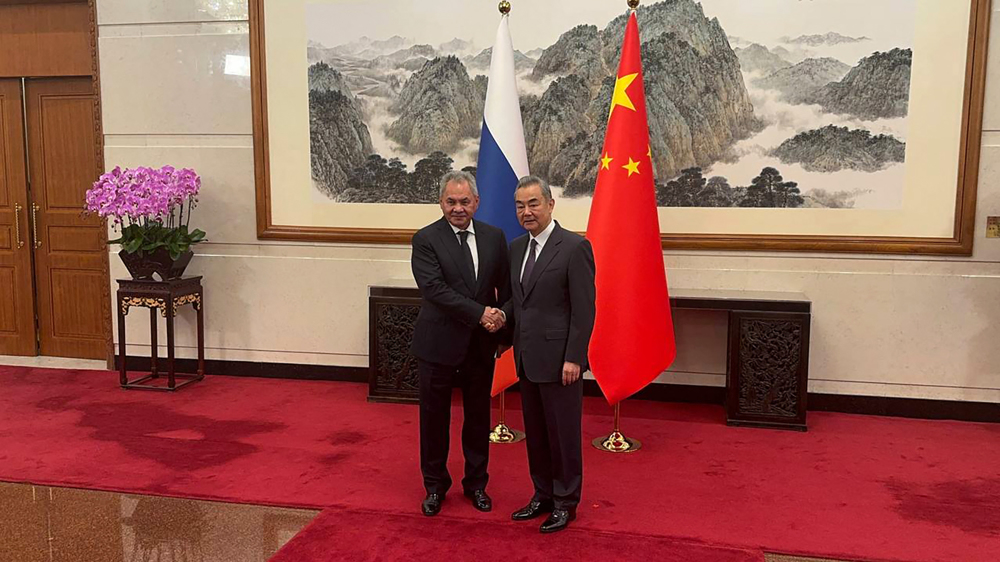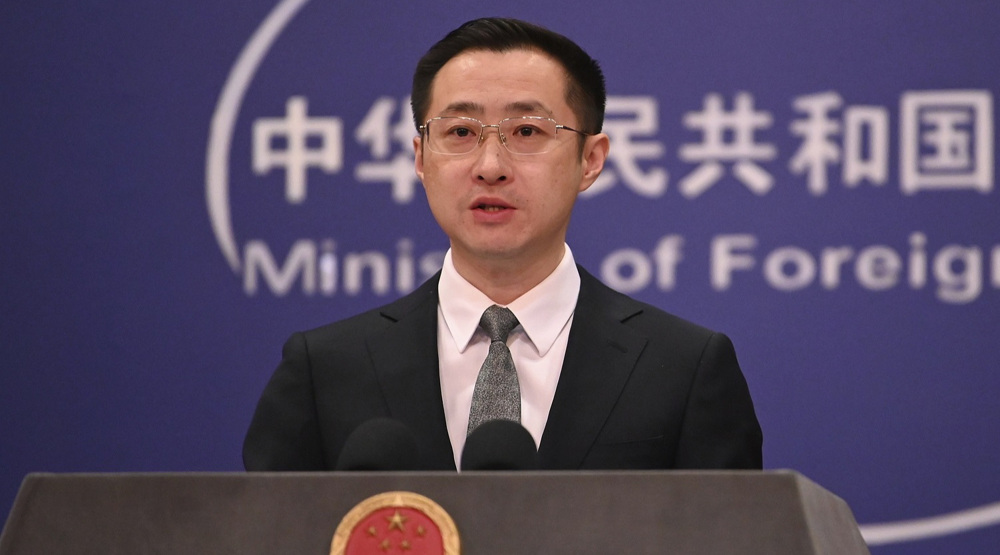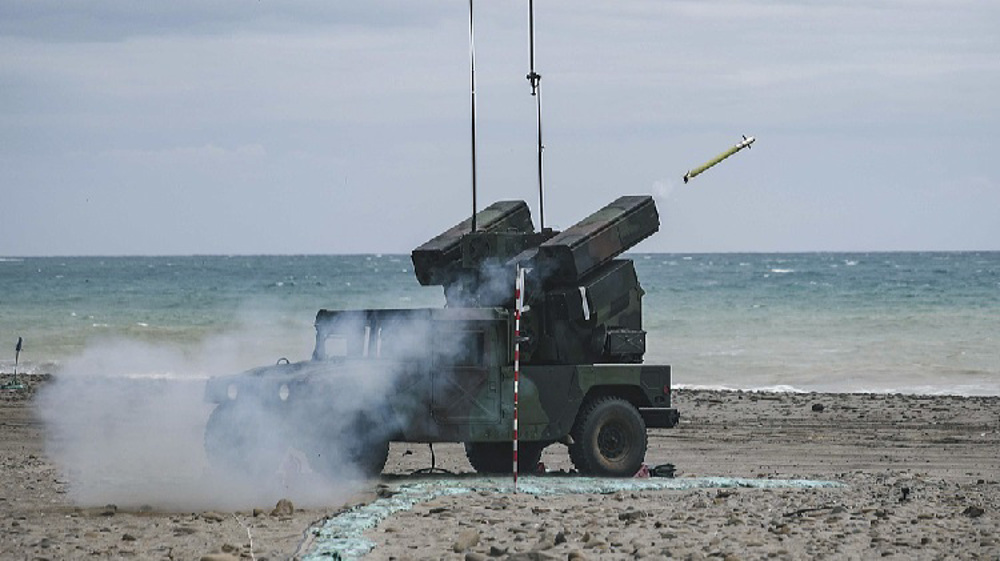China rejects threats as solution for North Korea nuclear crisis
China has rejected any form of threatening action as a solution for North Korea's nuclear crisis, after US Defense Secretary James Mattis pointed to the likelihood of military options against Pyongyang.
"Developments in the [Korean] peninsula nuclear issue up to this point prove that, no matter whether it is military threats in words or in action, they cannot promote and advance a resolution," Chinese Foreign Ministry spokesman, Lu Kang, said at a Tuesday news conference in response to a question about Mattis' new comments.
"To the contrary, it just adds to tensions and makes achieving the goal of denuclearization on the peninsula appear more complicated and difficult," he added.
On Monday, Mattis pointed to US military options against North Korea that would spare South Korea from a grave risk of counterattack from Pyongyang, but he did not provide further details.
Experts believe that the purported US military options could range from non-lethal actions such as a naval blockade and cyberattacks to a more extensive US military presence in South Korea, where 28,500 US troops are already stationed.

On Tuesday, South Korea and the US launched military drills in a village near the North Korean border, a day after Russia and China - two countries with close ties to North Korea - staged a similar military exercise off the Russian far eastern port of Vladivostok, which is not far from the Russia-North Korea border.
Read more:
The war games come amid heightened tensions in the Korean peninsula, where the United States and South Korea have increased their military activity in the wake of North Korea’s testing of two intercontinental ballistic missiles as well as its sixth and most powerful nuclear test.
Pyongyang has warned the US and South Korea that ground and bombing drills by the two allies could spark a nuclear war. North Korean military warned last month that it had plans for targeting waters near the US island of Guam in the Pacific, prompting fears in the US about a real confrontation.
The US and South Korea ended a 1950-53 war with North Korea through a truce, not a peace treaty, which effectively leaves the two sides of the conflict technically at war.
Jordan sentences former lawmaker for supporting Palestinian resistance
Basij volunteer forces hold massive drills in southwestern Iran
Israeli war criminals 'not welcome', US city says after ICC ruling
US vetoing of Gaza ceasefire resolution ‘disgraceful’: Iran’s UN envoy
VIDEO | IAEA adopts anti-Iran resolution tabled by E3
VIDEO | Iran's president urges Pope to help end Israel's onslaught in Gaza
Iran's senior legal official: ICC arrest warrant for Netanyahu ‘great victory'
Nov. 21: ‘Axis of Resistance’ operations against Israeli occupation











 This makes it easy to access the Press TV website
This makes it easy to access the Press TV website